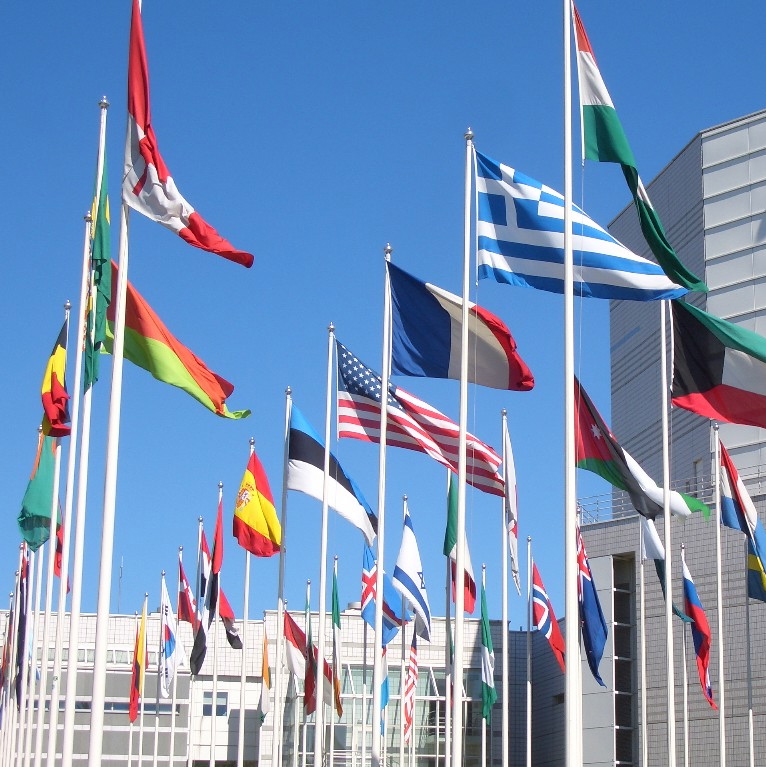
‘Where are you from?’ is my least favourite question.
Most people rattle off their particulars with no specific thought, reciting a common answer to a supposedly common question. But as a third culture child it triggers thoughts of identity, self and lineage. The short answer is simply a synopsis, a vague indication of the normalcy of moving around every three years or so. How does one explain that they are, say, half Canadian, half Dutch, but lived in Russia, Egypt, Indonesia, Singapore and Switzerland without receiving puzzled looks and gaping mouths? Moreover, when asked to explain in more detail I have to elaborate I have never lived in either of my passport countries, or even speak their languages* so can I even rightfully claim their heritage as my own?
This long answer however, prompts my second least favourite question;
‘What was your favourite place to live in?’.
How can I answer this question when I don’t know myself exactly how the exposure to so many amazingly different cultures, religions, languages and peoples has affected me in my development, in me becoming an individual of this world?
When repeatedly moving to a new country, city and school is the only life I’ve ever known the question is very much redundant to me, resorting with a forced smile and a polite yet evasive answer.
The nature of these questions is not malicious, and only a natural progression for non-third culture individuals to ask, but the reason that they aggravate me is because they remind me I have no real home.
Undeniably, I have a house, in which my family live, and yet it is not my home, merely the building in which I have lived for the most recent three years. A home is somewhat fictional to me, perhaps a bricked cottage built by grandparents before me, or a house in which in which I had lived all my life, friendly with all of the neighbours and local community- a fairytale of sorts. When I left to University this became painfully clear when surrounded by individuals whose move to Edinburgh was their first time living out of their town or city, and again I was exposed to the questioning and the imploring. Each time these questions are said out loud, internally I ask myself the same ones- “where am I truly from?” and “which country can I truly claim a home in?”- and repeatedly I remind myself that I am quite literally a citizen of the world.
Although I feel I have no real physical home, there is an emotion, a contentedness and sense of relief I relate to as ‘home’. It is the happiness experienced when in the comfort and presence of my family; the playful comments, teasing, jokes and laughter when we are together is a sensation we can create anywhere and everywhere we go. And it is this security and ease that I miss when homesick some 10929 kilometres away from, not a building, but my feeling of ‘home’.
I know people will continue to ask where I am from, my attempt to answer and its impact on me undoubtedly symbolizes a part of who I am as a person, but I’m not sure people realize what a burdensome question it can be, hopefully that is, until now.
*(Quebecois or Dutch)
Johanna Smit
20
Russia, Egypt, Indonesia, Singapore, Switzerland and Scotland
Unite – Share - Smile
This is one in a series of excerpts from the soon-to-be published The Worlds Within TCK Anthology. A portion of the book’s profits will be donated to the FIGT David C Pollock Scholarship Fund.
This is one in a series of excerpts from the soon-to-be published
The Worlds Within TCK Anthology. A portion of the book’s profits will be donated to the FIGT David C Pollock Scholarship Fund.
This is one in a series of excerpts from the soon-to-be published
The Worlds Within TCK Anthology. A portion of the book’s profits will be donated to the FIGT David C Pollock Scholarship Fund.

